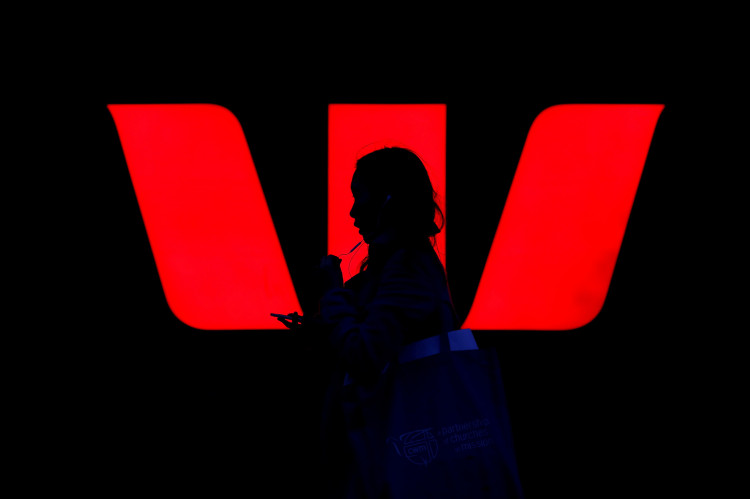The Bangko Sentral ng Pilipinas (BSP) said it would launch an investigation on about 10 banks to determine their involvement in an Australian bank embroiled in a massive money-laundering scandal.
At the heart of the inquiry is the Bank of the Philippine Islands, which is Westpac's remittance affiliate, one of Australia's largest banks.
Based on a CNN report, Westpac failed to report to the Philippines and other parts of Southeast Asia more than 19.5 million fund transfer instructions in and out of Australia. The payments allegedly involved money used for the exploitation of children.
"23 Million Times"
Australian regulator AUSTRAC has accused Westpac of breaking the policy over 23 million times as the suspected regular and low-value transactions that were processed and sent via LitePay - its electronic remittance platform - trace back to "at least 2013."
Westpac joined BPI in 2016 to sell the LitePay service to local depositors, targeting Filipinos overseas looking to send money back to their families faster.
Chuchi Fonacier, BSP Deputy Governor for Financial Supervision, said BPI was used as the entry point for cross-border payments before the cash was ultimately transferred to different bank accounts.
More Of Them
In a media briefing on Tuesday, Fonacier stressed that to date, they have identified the other banks "that have become recipients of Australian remittances. We are doing a review and then if we need to go on-site we're going to go on-site to see if banks comply with anti-money laundering regulations."
The banks in question have not yet been identified, but Fonacier said the investigation could include about 10 lending facilities.
A partial report was submitted to the regulator by the Ayala-led BPI. The central bank continues to check the incident data, Fonacier said, which may last until January 2020.
Shady Deals
Fonacier added that the investigation would dig into the transfer of funds originating from Westpac to BPI and ultimately to other commercial banks.
The BSP official pointed out that the method is "tedious" because it will require creating trails across bank accounts in low-value transactions.
Fonacier emphasized that "what makes this different is that (it involves) small transactions, so it doesn't need to be reported to the Anti-Money Laundering Council, because the transaction value does not meet the reporting threshold."
Under the rules of AMLC, all banks and financial companies must report any fund transfers worth around 500,000 or higher in a day as well as "suspicious" transactions involving out-of-pattern or unjustifiable cash amounts. The purpose of this is to identify illegally-acquired assets or fund proceeds.





